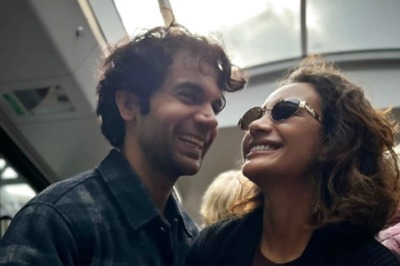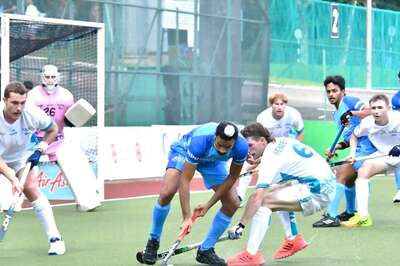
views
Slowly but steadily, Kochi seems to be on its way to revolutionise the most humanitarian act of the time - organ donation. According to experts in the field, recent developments could shatter some of the rampant myths related to organ donation.
The fact that more people are coming forward to donate their organs shows that they have come a long way from being an apprehensive lot, said Dr Ramesh Srinivasa Shenoy, general secretary, (Society for Organ Retrieval and Transplantation- Cochin) SORT.
When they started SORT, an institution which is into organ retrieval and transplantation 11 years ago there were hardly any organ donation for the first four years.
“SORT conducted its organ transplantation in 2004. Till then, there were just awareness classes as we could not garner people’s participation. Now the situation has undergone a sea change. SORT has conducted 4 organ transplant surgeries in one year,” he said.
Though the institution could not garner a huge number in this regard, he said that whatever little change occurs in this scenario is significant and should be welcomed. “Though SORT has conducted only 10 organ transplantations, the frequency of operation has increased which is definitely a positive sign,” Dr Ramesh said.
Dr Abraham Varghese, Indian Medical Association (IMA) president also offered similar views. When IMA started their blood bank in 1984, it was not even considered a feasible idea. Realising it, the IMA officials put forth a clause demanding one pint of blood in return from those who have received blood from IMA. Even that could not make people aware of its moral purpose for quite a long time, he said.
“There were many instances where the recipients of blood used to fetch people from outside the family by offering money to give blood in return. Such tendencies are almost nil now and people have now accepted it in the right sense. The change in the attitude did not happen overnight. Hope in the next five to ten years, we can witness a major positive shift in the attitude of the people,” he said.
Compared to neighbouring states, the contribution of Kerala to both liver transplant and cadaveric operation is scant, said Dr Abraham. One of the major bottlenecks is the attitude of the relatives of the deceased. There have been many instances where the retrieval of organs from the deceased cannot not be conducted as the team faces stiff opposition from the relatives. “In most cases, the deceased might have expressed his willingness to donate his organs earlier. But there is not enough willingness on the part of the relatives and this has always posed a major hindrance,” he said.
Dr Ramesh said that though legally there is no issue in retrieving the organ if the deceased has already granted his/her consent, the team usually do not carry forward the operation as it is not considered ethical.














Comments
0 comment